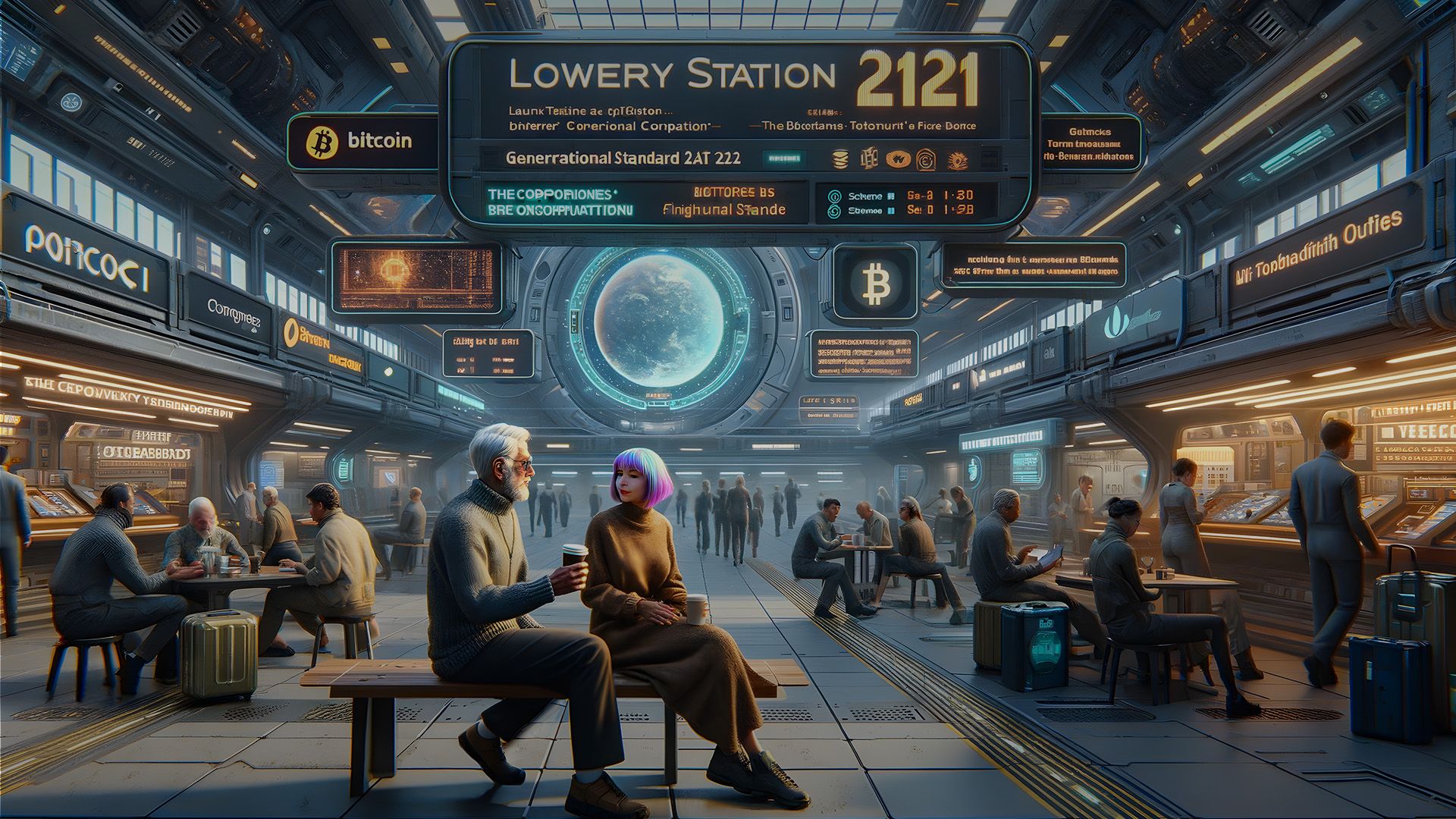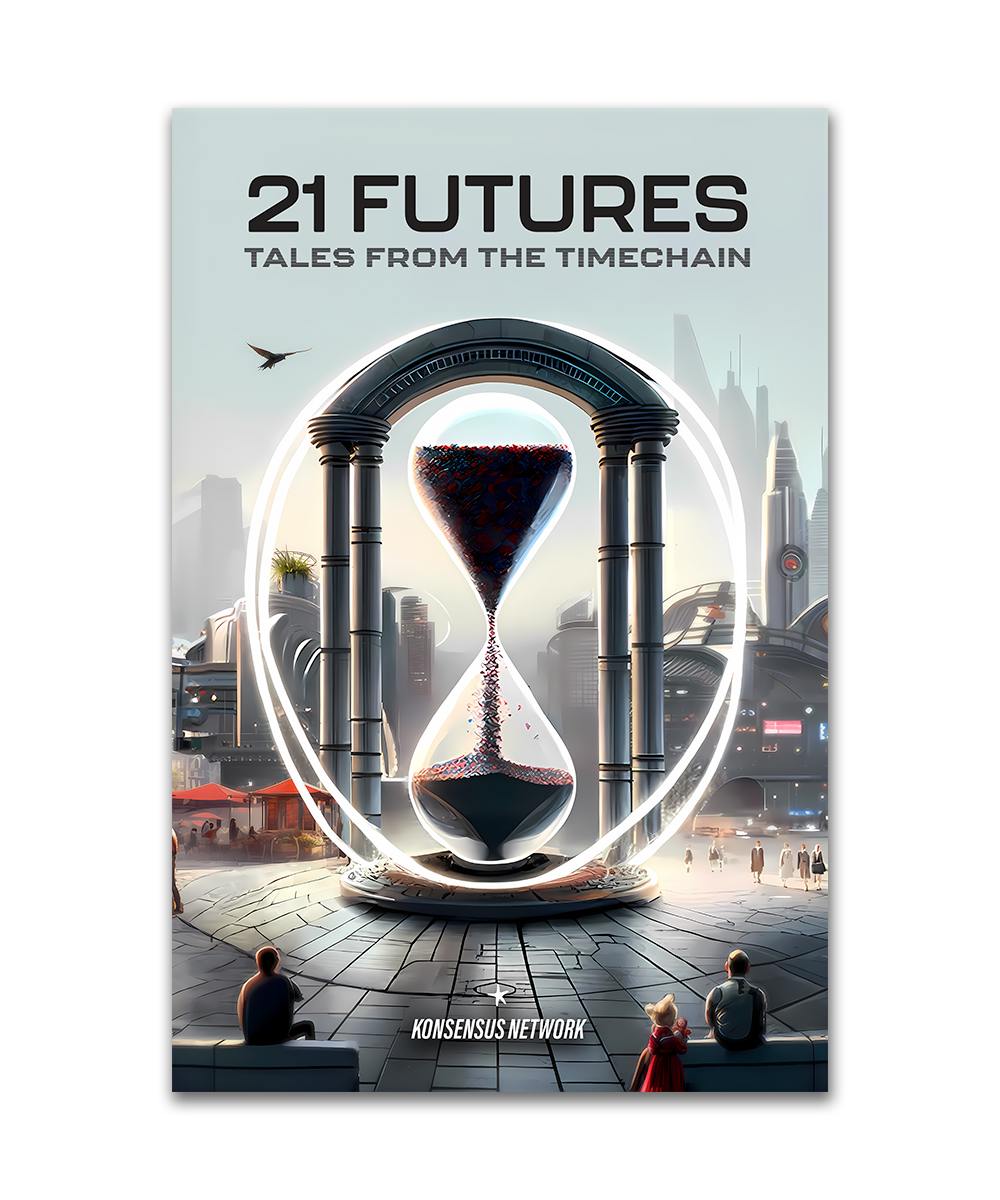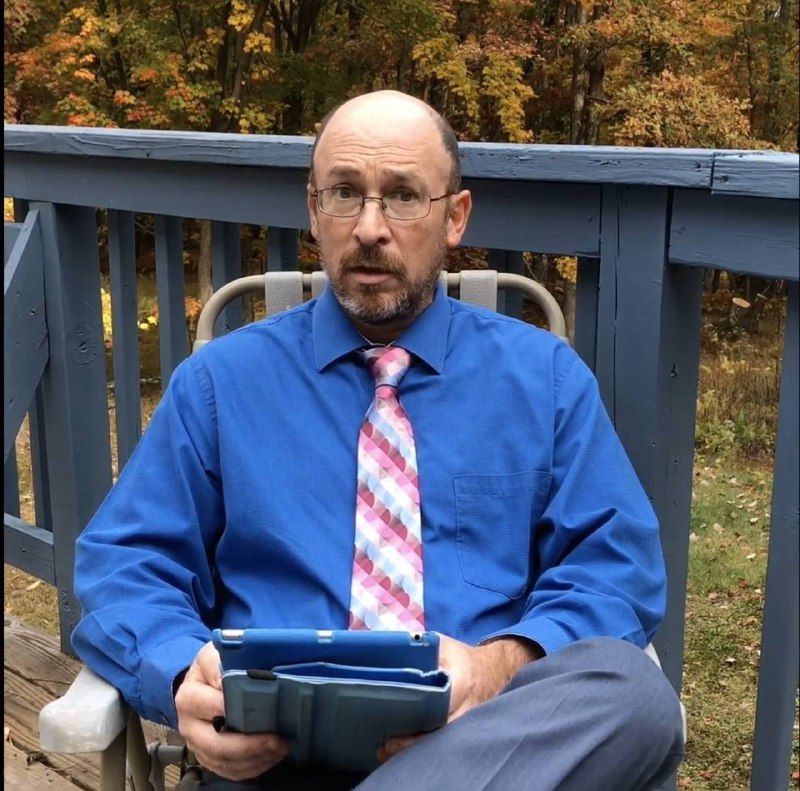
Lowery Station Terminal
“I don't know about saints and all of that, but the saving part is real but not in a biblical way. It is, instead, one of personal journeys and growth. And freedom. Freedom of mind, spirit, finance.”
She leaned against the column nearest my couch in the Lowery Station launch bay and pinned me with a raised eyebrow. “Hi there, sailor,” she said. Her hair was slicked to one side, traces of star-burst colors washing through in a faded array of one-time glamour. Her clothing matched her hair’s old and defeated approach to fashion consciousness. She had the look of a late teen or early twenty-something.
I closed my copy of The Generational Standard and folded my hands on the book. Looking up, I asked, “Can I help you?”
“Sure. I need a lift, and it looks like you’re going my way.”
“I’m sorry,” I offered, “Which way is that?”
She wrung her hands. “I need to get off this station. There are no jobs. No opportunities. No life for a girl like me.”
I had something to say about the image she presented, but I decided to take a different tack in our conversation. I tapped my book in thanks for the self-check and began, “So you’re saying there isn’t any work here? I just came from BitCoinference 2121, and the place was bubbling with energy. Lots of work there, too.”
“Oh no.” She eyed me suspiciously, stepping back from the column. “You’re one of those kooky converts, aren’t you?” She waved her hands in the air in mock terror. “You think Saint Satoshi is going to save us all.”
“I don’t know about saints and all of that, but the saving part is real but not in a biblical way. It is, instead, one of personal journeys and growth. And freedom. Freedom of mind, spirit, finance.”
I could tell by her vapid stare that my comments didn’t register. I mean, she heard them, but they fell between us and left silence in their wake. Perhaps there was truth in what the SA-AI had penned. Our journeys with bitcoin and the ledger are personal and disconnected from our biological age. SA-AI convincingly argues that open protocols require open minds --- that the indoctrination of closed protocols and rules subdue the mind into catharsis. At the moment, hers seemed shut, and I was also hustling to bar it from my end, too.
“Perhaps I was hasty,” I offered. “I sometimes drive straight to the heart of the matter. In doing so, I miss where people are in their understanding.” I hiked my suitcase from next to me to the floor, slid over, and offered her a spot to sit and talk. I didn’t think she’d take me up on it. Most didn’t. Some only sat down so they could argue their worldview, but she looked more worn than a warrior. Which would she choose?
“You’re not some creeper, are you?”
“Ma’am, you approached me. Why don’t you sit down and tell me what had you so interested in leaving?”
Three days of deep dives and rabbit holes of understanding at the Coinference had left me thirsty for a more mundane discussion. Everyday meetings with normies are inspiring conversations. My passion is rekindled and stretched in the quietness of sharing bitcoin’s quintessential beauty.
She took out her comm unit and typed, swishing her message away to whomever, wherever. I mimicked her, opening mine, queuing up a quick order of coffee for the both of us, and swiping SAT-pay at the end. I then tapped the tip and comment tab to pay the shop owner a couple of thousand finneys to hurry those over to us. Finneys are new on the blockchain, a subdivide of sats named after Hal Finney that came with the upgrade to Sha 512. My tech background starts to peter out around that level. Still, the subdivision and added security have been tremendous. And who doesn’t mind adding a few finneys to their stack?
She plopped down next to me, tired, exhausted, or frustrated at the directional change of the conversation --- I knew not. She saw my book, though, and commented, “Generational Standard? What the heck is that? More of that Saint Satoshi stuff?”
Sighing, I crossed my legs and offered, “Not like you’re thinking. Prescient, though. That might be true. Satoshi was a man frustrated at the abuse and brokenness inherent in humankind and its relationship with money. He saw money as a tool, a lever, wielded by those with power to subjugate those without, marginalizing more and more people.”
“He was a programmer, right?”
“Yes, but first and foremost, he was a concerned human being.”
She looked up as our coffees arrived and eyed me with that suspicious look again. I waved her off, and she took a cup, tendrils of steam floating up and caressing her star-burst hair. Behind her, a raucous group of youngsters was high-fiving and joking, showing each other a collection of signatures they had acquired, broadcasting holo images of them. Shamefully, I confess, I noticed mine in their parade of pride.
I was about to turn my head when one of the guys saw me and gawked. The entire swarm swerved directly toward us. I sighed, shook my head, and looked at my voyage-bound friend, “Please excuse this interruption.”
“Yo, Professor, awesome to see you here at the terminal. Can I get another signature?”
I laughed, “Fellas, I am talking right now, and this is important. Can we catch up on the shuttle?”
“Sure, man. You taking the Andreas shuttle? That’s ours. Headed to Alden station.” Then, looking at my seatmate. “Is she your daughter?”
In rapid succession, a bunch of others started asking for her signature. She found their behavior amusing, intrusive, and confusing. Which it was --- all three.
I caught the leader’s eye again, “Guys? Some space?”
“Sure. Sure, Professor.” Then, with a cautious glance at the young woman, “Good luck, miss. He’s the best. He totally rekt a guy in a debate yesterday.” Looking back at me, he finished, “Legend! Totally FTXed him up, professor.”
They had hardly moved out of earshot before she laughed quietly and eyed me with a marginally more interested smile, “Who are you?”
“Nobody, really,” I said, belying fame because it had no place in our conversation.
“Maybe not quite nobody,” she chuckled.
“So,” I began, pursing my lips, “My book, well, not my book, but the one I’m reading, is The Generational Standard.”
She rolled her eyes and waved her hand dismissively, “Great, a talk about today’s youth. No thanks.”
She made to leave, and I had only a tiny window before she was gone, “No, don’t go. Sit and talk. This is bigger than a bunch of convention-goers out glory-seeking. This is how you get connected and learn. Also, this book is about how we must ignore generational standards and assumptions based on biological age and fight for each other regardless of those trapping societal norms.”
She paused and settled back on the seat, admittedly closer to the edge and ready to flee. She deadpanned, “Wasn’t very good in school. Probably not good for this.”
I’ve worked with young adults for decades. There is a divide, ironically, age-based, but a determined and conscious person can overcome it. I learned early in my career that no significant learning can happen without a significant relationship. I’d put some time into building a bridge to my young interloper. I figured we could push further and explore her fear a little and maybe put it to rest. Fear is the mind-killer.
I took a sip of coffee and considered. “I have had a number of students like you. Hesitant, mistrusting, and unaccustomed to learning being fun or engaging.” I paused and sipped again, noticing her nod of acknowledgment.
Then she smiled and looked at me with an impish grin, “Well, yeah, if you can call it that. They dumped us in clusters or pods and just fed us videos and info all day. Boring doesn’t begin to describe the slaughter of emotion and passion in our modern education system.”
I laughed and held my coffee away for fear of spilling it across my lap. “No human interaction at all?” She shook her head, and I continued, “I’m not here to fix your education system, but the passion thing works. For a fact. So does curiosity. They are made more infectiously gripping by the presenter’s passion and the connection you have to that person.” I asked her again, “Why did you ask where I was going?”
She thought for a moment, perhaps nervous about saying too much to a stranger, before slamming headfirst into our conversation. “You seemed so focused on your book, so neat and tidy about your travel as if nothing could get out of place.”
Her intensity burned through her comment, and I could sense the awakening of curiosity. “And since you’ve met me?”
“I don’t know. People like those guys.” She nodded at the retreating sycophants. “They think you’re somebody special.”
I shrugged. “I’m passionate about bitcoin. I think it speaks to freedom of spirit and mind. It also talks about freedom of the body. For me, the desire for me to retake my life from the corpos.” I paused. “You know who I mean?” She nodded yes, so I continued. “Well, they push you to behave a certain way and believe their narrative. Bitcoin gives me options. I get to tell my boss no, which limits my upward mobility but frees my time to be here. I accept the tradeoff.”
Laughter rippled from the far end of the station, and we both looked up. I pointed at the group of young men responsible for the outburst, “You see that very often?”
She shook her head, chortling, “No.”
“Me neither. Not away from events like this weekend’s.”
I sipped, letting the lingering smell of fresh java permeate me once again. “I am convinced that the corpos want everyone to behave a certain way and believe a certain narrative. It’s fundamentally a religion --- has all the hallmarks and ticks all the boxes.” I gestured animatedly, words crashing and tumbling like waves on a beach. “Imagine telling people they have to eat a certain type of food or keep their apartment temperature at a state-defined setting and think it’s for the good of society? It’s not. It’s imprisoning. It robs us of our individuality.” I was robust in my statements and could see my young companion chewing on what I said.
“Civil society needs boundaries and rules,” she advised, and we were off.
For the next hour, we talked about all manner of things, and I shared how bitcoin could open doors and provide a measure of freedom. She asked pertinent questions and had a sharp mind (if underutilized in her current pursuits). We walked through setting up an account and how to store her btc away from the corpos safely. We talked about security, hash rate, and proof of work.
When I mentioned the difficulty adjustment, she stopped me, “Whoah! This gets harder?”
I realized I was probably past the boundary for an intro conversation, so I backpedaled, “Not for you and me. It’s part of the way the program was designed to manage the workload and make sure blocks remain at consistent and predictable intervals.”
“There’s a lot of tech in all of this, professor,” she opined.
“There is, but you’ve got this. You and I aren’t that far apart in how we were introduced to bitcoin. I am a pub-school grad myself. I was stuck at dead-end jobs and anchored in the miasma of the corpos worker nation. I met someone who took a moment to share and then dove in more deeply to really give the whole thing a good shake.” I nodded, remembering, “Steel-manned it as best I could.”
“You’re a pub? No way!”
“It’s true,” I countered, “Do they still have the station assessments?”
“Yeah, and they’re still all crap. It’s all about generating funding. Nobody cares if the kids taking the test can do any of the stuff on the stupid thing or even if it is measuring anything relevant or not. Utter garbage.”
“Corpos,” she and I muttered almost simultaneously.
Our eyes locked in a moment of true understanding and shared experience, and then I restarted, “There are ways out, but the struggle is real. Being a bitcoin pleb isn’t easy. Everywhere, the corpos push and try to mold you into their drone.”
She sipped, pondering. “They are so controlling,” she lamented, the desperation slipping through her being also washing through her comment, “There just doesn’t seem to be any way out from underneath their boot.” Her hands rested in her lap, and her shoulders slumped.
“It’s true enough for most, but there are ways. This is one of them,” I said. Her skepticism appeared well-earned and emblematic of what I often encountered in my lecture hall from students. She was inquirous, however, and open to different viewpoints, so as her spirit rebounded, we continued amicably. We were wrapping up when the first boarding call for my shuttle blared through the station speakers. It came with a banner on my comm device, too.
I watched my new friend for signs she might have missed something, but all I saw was a passion and hunger to find more information and grow. There was still doubt, but she harbored a rebirth of spirit. I nodded, “You’re going to be okay. Stay the course. Embrace the opportunity and claim your autonomy. Don’t let society dictate the terms of your life.” I chuckled and then shared the joke, “We have a saying in the community: Steady, lads. It’s a take-a-breath-hunker-down-and-stay-focused kind of mentality.”
“I can do that,” she told me.
I had an idea. “Here, let me show you.”
I took out my business card and handed it to her. “Scan this QR code. It takes you to a site, and I will help you set up an introductory account.”
She followed along, loading the site and answering the prompts. It took her a couple of minutes, and while she worked, I opened my travel wallet and prepped a small transfer of finneys to get her started.
When she finished, she looked up, “I think I got it. Is this right?”
“Ok. Looks good. Now, open the btc icon. It’s the orange one. Hit the receive button. Now, that’s your wallet address. When someone sends you btc, you need that open.”
I reached over with my device and scanned her address. “Now I have your address and am sending you a handful of finneys. You’ll see them in a moment.”
I sent her 1,000 finneys. It’s not a lot, but it hits home when it’s in your wallet on your device.
As the transaction settled, she laughed, “Wow! That’s awesome! Thank you! And just like that, I’m part of the community?”
I smiled and closed my wallet, “Just like that. We don’t judge. Open means open. There are no barriers except those you put on yourself. There’s no rich and no poor. Old and young for us only indicates when you started, not your understanding or age or some biological marker.”
“You’re alright, Mr. Professor. Thanks for taking the time to talk to me. Nobody does that anymore.”
“Don’t worry about it,” I said, “Pay it forward when you can. And here,” I gave her my book, “I’ve read it twice already, and you could use something to start you off and keep you focused.”
She clutched it tightly for a moment before asking sheepishly, “Can I have your autograph?”
Laughing, I replied, “Of course! You can use my card as a bookmark. It has my web address if you have a question that can’t wait. Reach out.” I penned a signature and a quick go-and-take-the-world sort of comment on the front of the book. I handed it back to her. “If you get stuck on what to read next or what screencast has the best opinions and insight, again, reach out, and I can make a few recommendations.”
She nodded, “I guess I’ll head over to the conference site and see if they need a hand cleaning up. I used to be pretty good at organizing things for school projects. Maybe there’s a spot for me in the background helping to set the stage for the next conference.” She said it as a statement. The doubt was gone. Her uncertainty of purpose burned away in an orange fire. That’s how it works.
I stood and grabbed my bag, heading for the shuttle. “Be well,” I called, adding, “I’ll be back in a couple of months for the halving convention.”
She pushed her hair back to one side, “Halving?”
I pointed to the book, “It’s in there,” I exclaimed, entering the airlock for the shuttle. As the door hissed, I managed one last comment before it closed, “You’re gonna love it.”
Check out the rest of the stories from the book here!

